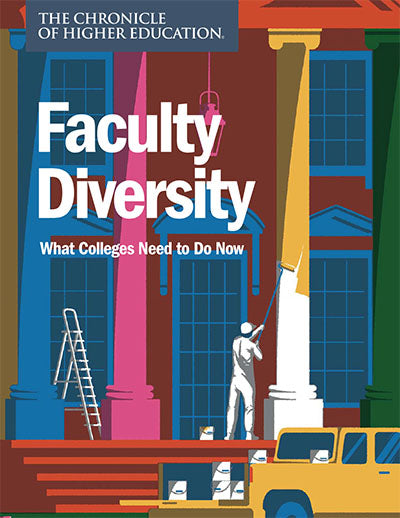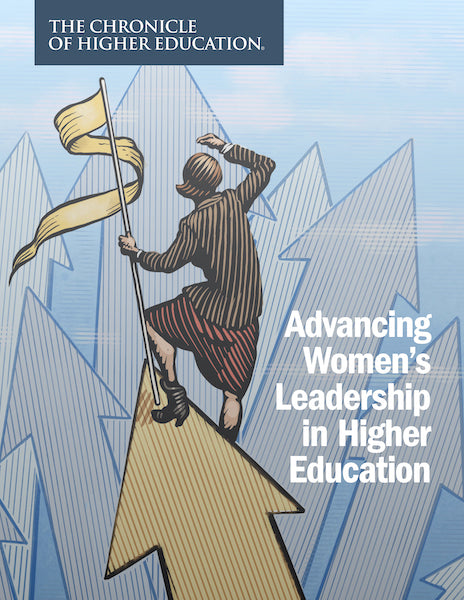Belonging
UMaine has had a robust, long-standing commitment to fostering a diverse, equitable, inclusive, and accessible academic community. This page offers a list of selected resources, from both UMaine and other universities, to aid faculty, particularly department chairs and peer committees, in the areas of implicit bias, faculty recruitment, and faculty retention.
President’s and Provost’s Office Initiatives
The President’s Council on Diversity, Equity, and Inclusion (Office of the President, UMaine)
Implicit/Unconscious Bias Training
Unconscious bias, sometimes referred to as implicit bias, may influence faculty hiring, peer review, graduate school admissions and many other critical areas of university life. These trainings—drawn from an array of prominent institutions, universities, and organizations—explain what unconscious bias is, why it harms many facets of the academic enterprise, and how to mitigate its detrimental effects.
Implicit Bias Course (NIH)
Note: Slides and refresher course are available from the same site
Unconscious Bias Course National Research Mentoring Network (NRMN)
Note: a certificate is awarded upon completion of these modules. for the course. Each module takes approximately 20 minutes to complete.
Implicit Bias Module Series Kirwan Institute for the Study of Race and Ethnicity (Ohio State)
Note: Though designed for K-12 educators, the modules are applicable to higher education contexts.
Implicit Bias Video Series UCLA’s Office of Equity, Diversity and Inclusion
Note: six, short videos, available on Youtube.
Tool for Identifying Implicit Bias: Awareness of Common Shortcuts (University of Oregon’s Division of Equity and Inclusion)
Recruiting and Retaining a Diverse Faculty, including those from Historically Underrepresented or Minoritized Groups
In addition to the excellent resources offered by the University of Maine, particularly its “Faculty Recruitment Handbook” listed below, resources developed by other universities may be useful to search committees and department chairs looking to advance inclusive excellence in the recruitment and retention of faculty, particularly those from underrepresented and minoritized groups.
Recruitment and Retention
Faculty Recruitment Handbook (University of Maine)
Partner Accommodation Support (University of Maine)
- UMaine was ranked #2 among all R1 universities for partner accommodation practice and policy. For more information please visit this link.
Faculty Recruitment Toolkit (Oregon State University)
- Faculty Search Timeline – part of the toolkit – describes common practices, considerations, and timing at each stage of a faculty search
Faculty Diversity Hiring Toolkit (Loyola University (Chicago))
Note: “Creating an Inclusive Job Advertisement,” “Redefining ‘Fit’” and “Candidate Evaluation Tabs” are particularly useful.
Rubric for Assessing Candidate Contributions to Diversity, Equity, Inclusion, and Belonging (UC-Berkeley)
Searching for Excellence and Diversity : A Guide for Search Committees (WISELI, 2012)
Conducting an Equitable Faculty Search (Northeastern University)
Gender Decoder Online Tool for Job Advertisements
Note: This publicly available tool allows search committees to analyze the text of job advertisements and determine the prevalence of gender-coded words, providing the committee with a means to identify and redress any unconscious/implicit bias.
Best Practices for Faculty Retention and Development (University of Delaware, 2023)
Search Advocate Program
Oregon State’s Search Advocate Program, including information about training.


